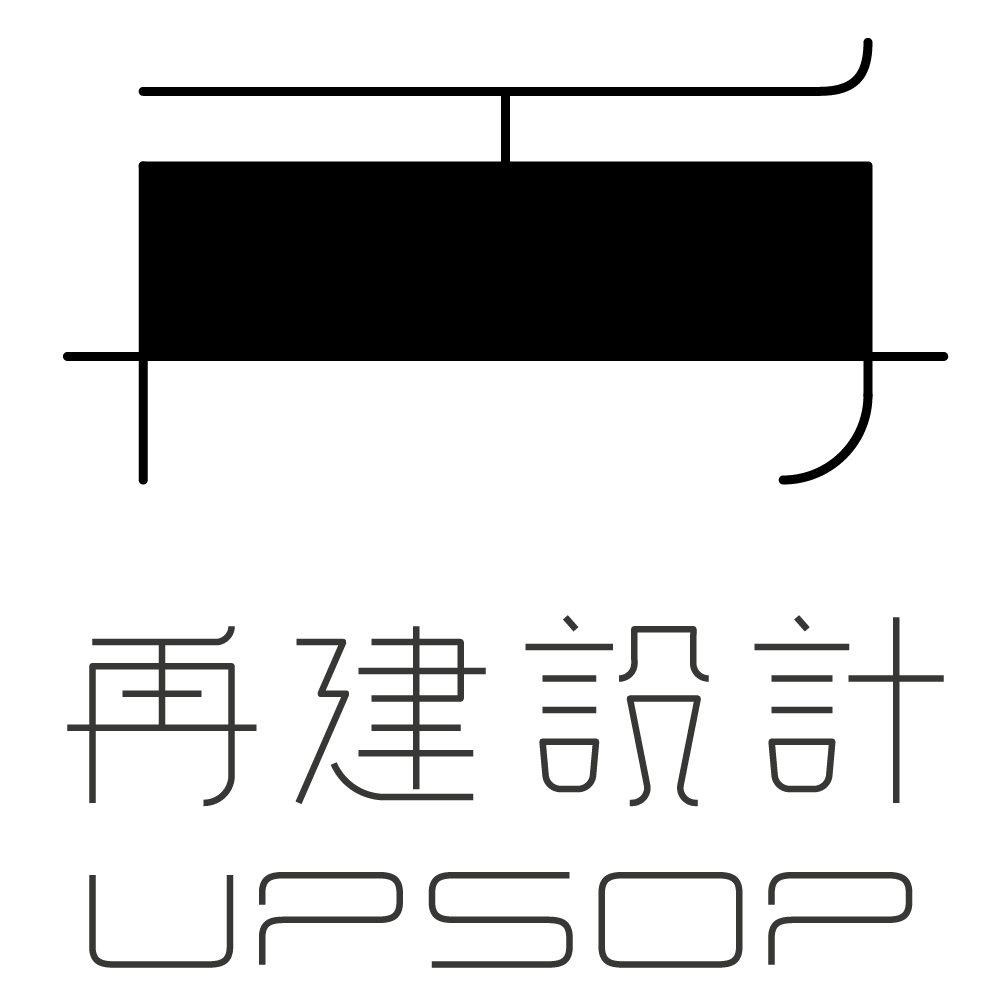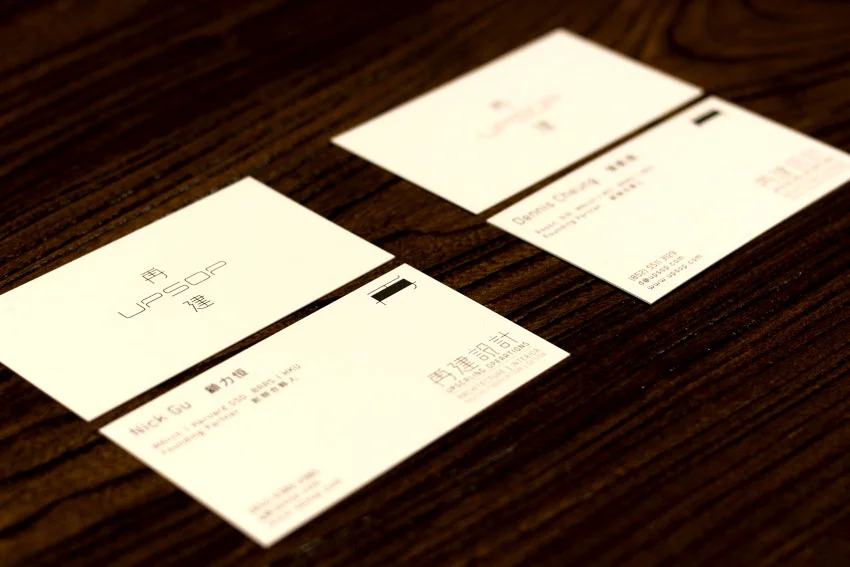PHILOSOPHY
Design Ethics
UPSOP is dedicated to engaging the public realm with sensible designs, both for the inhabitants and the environment. The reason for pushing the usage of re-cycled materials is to prolong their life-cycles. It is often neglected by both the industry and the clients in the materialistic world of consumption. The idea is to generate a tectonic language from the object level by reinterpreting found objects their unique geometric properties and physical characters.
Construction Waste in Hong Kong
Construction waste generated in Hong Kong is divided into two groups: inert and non-inert where inert materials accounts for around 90% and non-inert the rest (1). While inert materials such as debris, bitumen and concrete are reused in land reclamation, site formation and even construction, non-inert materials are often disposed in landfills with pollutions followed. Recycling this 10% of construction waste will work towards achieving a zero waste city (2). Hong Kong lags behind other Asian countries including Japan, South Korea and Singapore in the implementation of policies and incentives on that 10% waste.
Perhaps advocacy to both clients and the public about the potential of recycled materials and its impact to sustainability can begin from here.
WE WALK OUR TALK OF SUSTAINABILITY
Besides construction materials, UPSOP is committed to the protection of the environment and reduce carbon emission. UPSOP's name cards are made of 50% post consumer recycled fiber which requires fewer chemicals and less energy for processing than virgin tree fiber. The paper is FSC® Certified, Green-e certified and made Carbon Neutral Plus. The manufacturing process is acid free and powered with 100% renewable green energy.
We aim to pass the idea of environmental protection to others while giving out cards.
UPSOP's name cards
References:
- Lu, Wilson. "Beyond the Inert and Non-inert Dichotomy: Towards “building a Zero Waste Hong Kong”." Building Journal 11, no. 1022-5560 (2013): 47
- Lu, W.S., and V.W. Y. Tam. "Construction Waste Management Policies and Their Effectiveness in Hong Kong: A Longitudinal Review." Renewable & Sustainable Energy Reviews 23, no. 1364-0321 (2013): 214-23


